Sen. Bam elated by all-out support for free college education
Sen. Bam Aquino welcomed the government’s all-out support for the full implementation of the law providing free education in state colleges and universities, local universities and colleges (LUCs) and vocational schools under the Technical Education and Skills Development Authority (TESDA).
“We are happy with the government’s promise to go all-out in implementing this law for the benefit of Filipino students, especially those who are poor and underprivileged,” said Sen. Bam, referring to Republic Act 10931 or the Universal Access to Quality Tertiary Education Act.
“Natutuwa tayo at kaisa natin ang pamahalaan sa hangaring hanapan ng kailangang pondo para sa epektibong pagpapatupad ng batas na itinuturing na napakalaking reporma sa edukasyon sa bansa,” added Sen. Bam, the principal sponsor and co-author of the measure in the Senate during his stint as chairman of the Committee on Education.
Budget Secretary Benjamin Diokno expressed confidence that the P51 billion needed in the first year of implementation of the law can be sourced from the 2018 national budget. Diokno added that President Duterte is committed to implement the law by finding the needed budget for it.
Senate Finance Committee chairperson Loren Legarda also committed to find the necessary space in the 2018 budget for the implementation of RA 10931.
“Mahalagang mabigyan ng karampatang pondo ang batas na ito upang matupad ang layunin nitong mabigyan ng pagkakataon ang mas maraming Pilipino na makatapos ng kolehiyo at magkaroon ng magandang kinabukasan,” stressed Sen. Bam.
The law provides free education to students in SUCs, local universities and colleges (LUCs) and TESDA-run vocational schools. Aside from tuition fees, the government will shoulder miscellaneous and all other mandatory fees.
Scholarship grants will be made available to students of both public and private college and universities. It also provides a new and improved student loan program, where students can apply for financing for other education expenses.
In addition, students taking post-graduate studies can avail of the new and improved student loan program and scholarships under the law.
The measure was languishing in the legislative mill for years before it was passed during Sen. Bam’s time as chairman of the Committee on Education in the 17th Congress. This was Sen. Bam’s 19th law in his four years as senator.
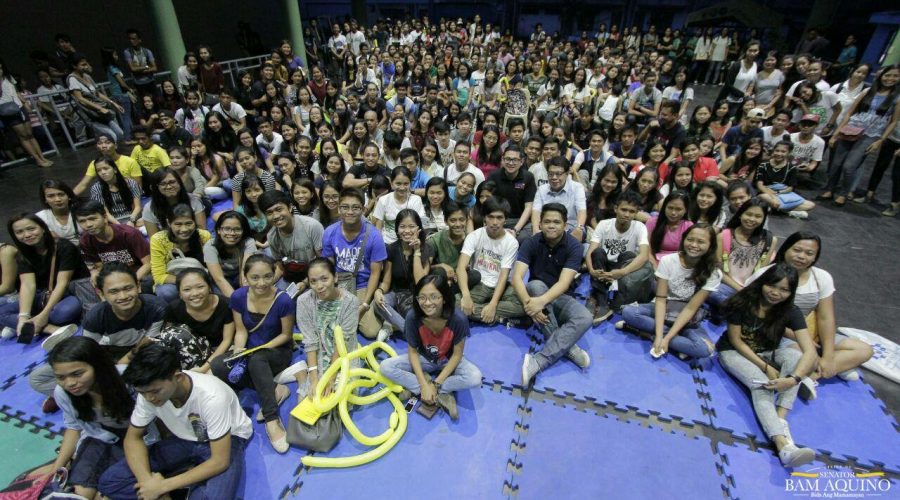
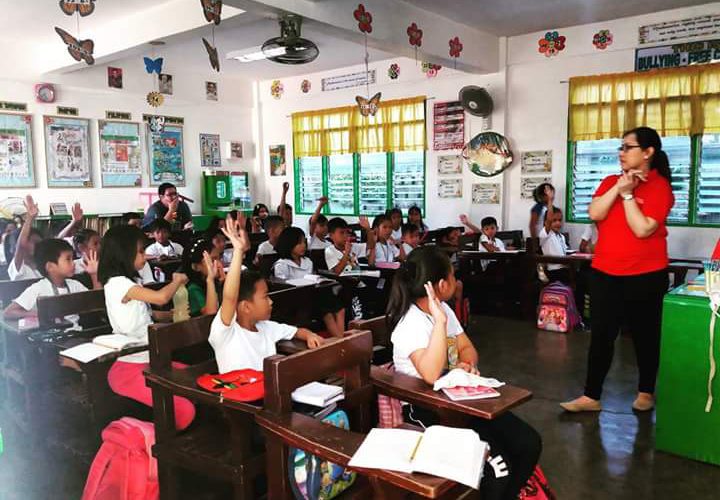

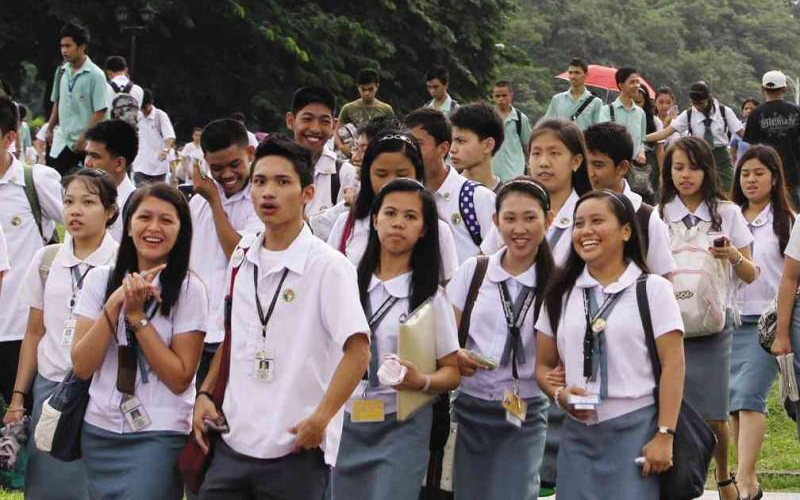
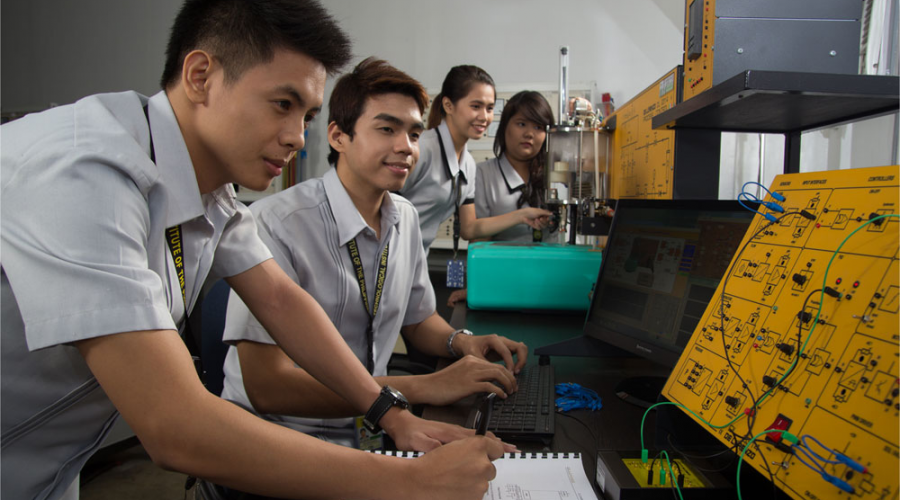
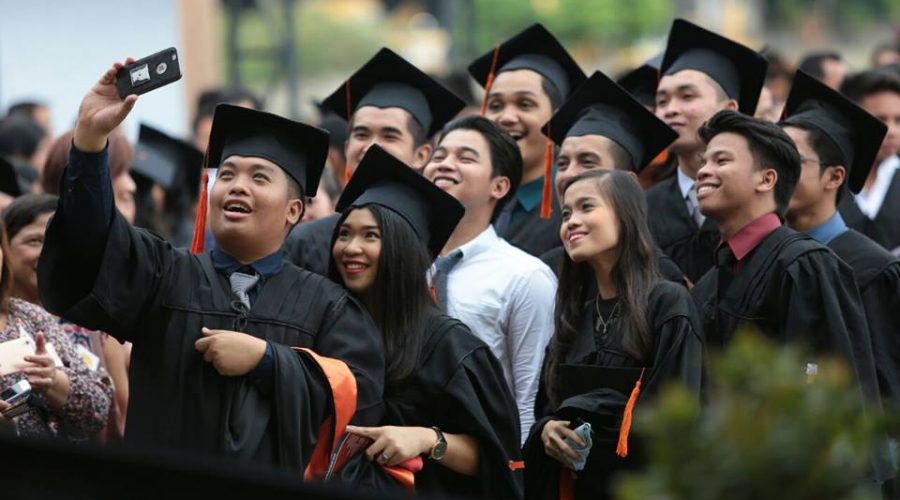
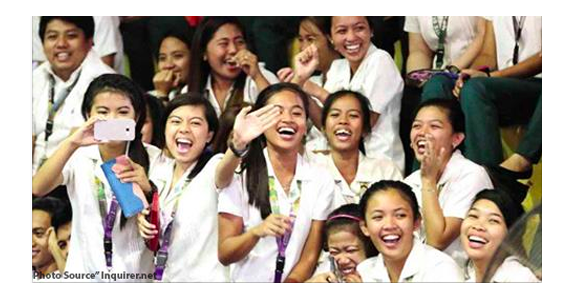
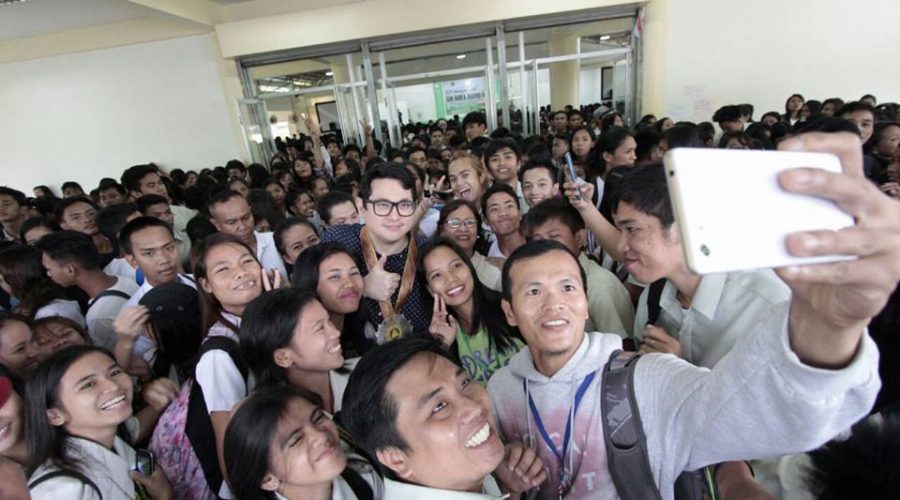
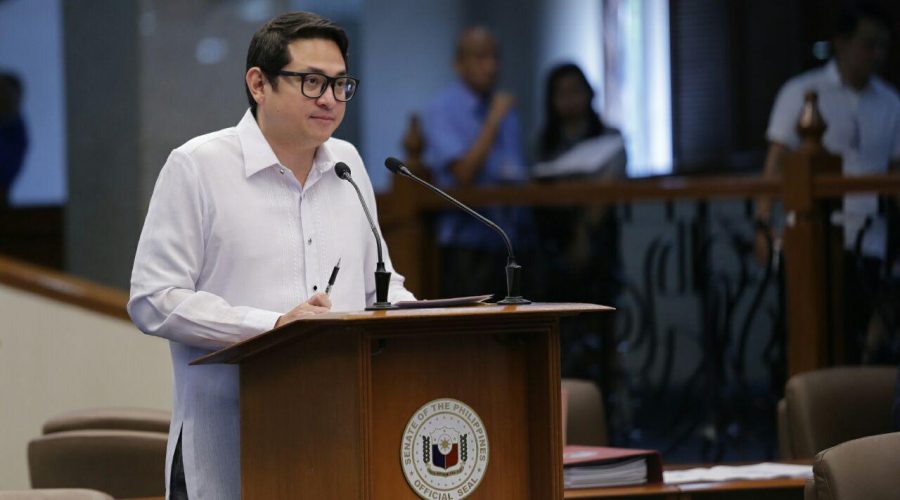
Recent Comments